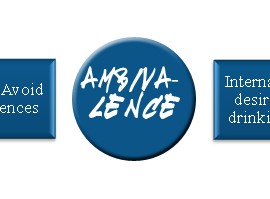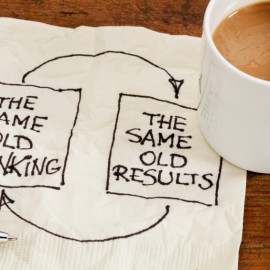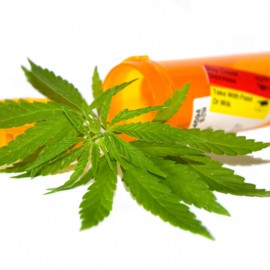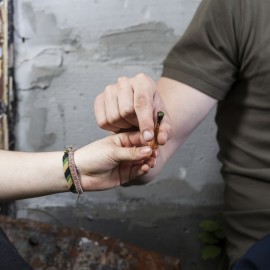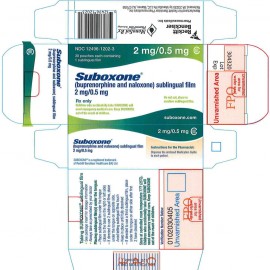Treatment
Recovery Homes
We have to ensure the safety and security of those who reside there. It’s not the sort of business that naturally self-regulates. That’s what government is for.
Topics: ethics, long term treatment, maintaining sobriety, types of treatment
Is it Recovery Yet?
It may seem to the individual as if it happens by itself– the result of an autopilot, set to return home.
Topics: maintaining sobriety, relapse
The Medicine They Don’t Take…
But given the experience in other fields of healthcare, a return to the old lifestyle, however destructive, may be little more than human nature.
Topics: maintaining sobriety, outcomes, relapse
In the News: Keeping It Covered
With the increased risk of overdose from fentanyl and other synthetics, the path to recovery may be even bumpier, in terms of repeat emergencies. The folks in the Business Office would rather avoid that.
Topics: health care
The Cannabis Cure?
An answer such as vigorous exercise or meditation or going to a meeting will never be as universally attractive to someone a few weeks sober as “well, here, why don’t you toke this?”
Topics: cannabis, MAT, treatment models
Cannabis as an Opioid Addiction Treatment
It usually comes back to the assumption that another problem ‘underlies’ addiction, and therefore will respond to treatment with the “right” drug, if we can figure out what it is.
Topics: cannabis, co-occurring disorders, opioids, therapies and tools
A Place for Placebo?
Might be that clinicians can teach patients to activate their own body’s placebo response, in order to feel better.
Topics: opioids, research, therapies and tools
When Pot Becomes Legal…
Does his use of pot reduce his craving for alcohol (as he claims), or is it actually helping to trigger his drinking?
Topics: cannabis
Pot in Rehab
I’ve never had much success explaining to a patient in the first 30 days of recovery that when Bobby smokes dope, it’s medicine, but when Liz lights up, it’s drug abuse.
Topics: cannabis, compliance and noncompliance
In Again, Out Again
I’ve come to view it more as a tool for harm reduction than a path to long term recovery, with some notable exceptions.


